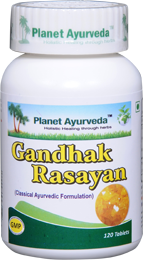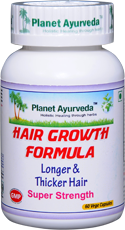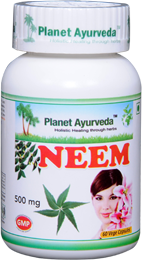Dandruff is one of a common scalp condition which is characterised by flaking of the skin on the scalp. Mostly, dandruff is not contagious, but in rare cases, it is serious also. The problem of dandruff can be embarrassing sometimes and hence should be treated as early as possible. Dandruff usually can be well controlled and this is a good thing about this problem. In most of the cases, daily shampooing with a cleanser is enough for treating dandruff but this problem may occur after some time.
Common Symptoms of Dandruff
Dryness of the scalp is the most common symptom of dandruff and other symptoms of dandruff are listed below:
- Presence of white flakes on the scalp
- Irritation and redness of the scalp
- Softness of the skin on the scalp
- Itching scalp
Causes of Dandruff
The common causes of the dandruff are listed below:
- Dry skin: The most common cause of dandruff is the dry skin. You may have symptoms of dry skin on the other parts of the body too such as legs or arms.
- Irritated or oily skin is another most frequent cause of this problem. It is characterised by the presence of red, greasy skin which is covered by flaky white or yellow scales.
- If you don’t shampoo your hair regularly, then oils and skin cells from the scalp build up that results in dandruff.
- Various other skin problems may cause dandruff such as eczema or psoriasis.
- A fungus named Malassezia lives on the scalp of the person and irritates the scalp as well as leads to the growth of more skin cells. The extra skin cells fall off and due to this, they appear white and flaky on the scalp or on your clothes.
- Sometimes, certain ingredients in the shampoo or other hair products may cause itchy scalp. Shampooing most often or use of styling products frequently, may cause dandruff.
When to See a Doctor?
In most of the cases, the problem of dandruff don’t require a doctor’s care. But if you are suffering from the problem of continuously scratching the head or if your scalp appears red, flaky, or swollen then you should see your doctor.
Ayurvedic Treatment of Dandruff
According to Ayurveda, the problem of dandruff comes under the category of Shudra Roga. It occurs due to an imbalance of all three doshas. The Pitta and Vata dosha are the primary doshas that are involved in this problem. Pitta dosha symbolizes heat or fire while the Vata dosha is dry and rough in nature. When these doshas are in an aggravated state, then they leads to the production of Ama (impurities). These impurities are dry in nature and accumulate in the tissues of the scalp and contaminate them. The contamination causes itching and forms patches on the scalp. Due to this, more than normal amounts of epidermal cells are shed by the scalp and leads to the problem of dandruff.
Ayurveda provides the natural way to take care of the hair by providing pitta and vata pacifications through the natural herbs as well as healthy diet and lifestyle plan.
Herbal Remedies for Dandruff
Here are a few natural supplements from the house of Planet Ayurveda that help to maintain healthy hair and scalp.
1. GANDHAK RASAYAN
Gandhaka Rasayana has been formulated on the basis of classical Ayurvedic preparartion for Gandhak Rasayan, mentioned in the ancient Ayurveda texts.
Dosage : 2 Tablets, twice daily with plain water after meals.
2. HAIR GROWTH FORMULA
Each capsule contains standardized extracts of Brahmi (Bacopa monieri), Yashtimadhu (Glycirrhiza glabra), Bhumi Amla (Phyllanthus niruri), Amalaki (Emblica officianalis) and Bhringraj (Eclipta Alba).
Dosage : 1-2 Capsule, twice daily with plain water, after meals.
3. NEEM CAPSULES
Each capsule contains standardized extract of Neem (Azadirachta incdica).
Dosage : 1-2 capsules, twice daily, with plain water after meals.
4. GO RICHH HAIR OIL
It contains a mix of Triphala {the three myrobalans namely Amalaki (Emblica officianalis), Brahmi (Bacopa monnieri), Bhringaraj (Eclipta Alba)} and a few other herbs and oils.
Usage : Apply locally on the scalp and gently massage for ten minutes, wash off after one hour. Do this two to three times, every week.




